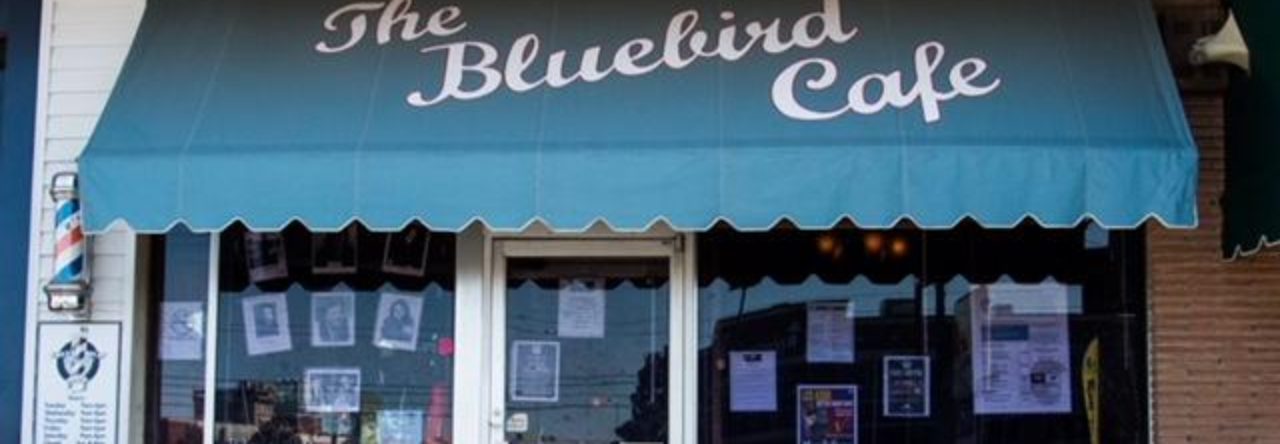
Katie Couric autobiography.
I just finished reading Katie Couric’s autobiography, “Going There.”
I had read that she “burned a lot of bridges” but now, at 64, maybe that doesn’t matter to her.
The NBC “Today” show years with co-anchor Matt Lauer come off as her “best” times, and the move to CBS to become the first solo female anchor of an evening newscast seems to have been a mistake. She was not welcomed with open arms and the deal for her to do pieces on “Sixty Minutes” was especially problematic. Oprah Winfrey came and went in a nano-second on “Sixty Minutes.” You can sort of figure out why when you hear about the lack of a warm, collegial feeling amongst the staff. A direct quote from Lesley Stahl to the Hollywood Reporter is, “I just wanted to be a survivor.”
Couric’s stint as the global news anchor of Yahoo News sounds the least productive, among those jobs where she was employed by a large organization. When Yahoo hired Katie for a pretty penny, they fired the staff of veteran journalists around the country, of which I was one. We didn’t make a lot of money reporting on the news in our local areas, but many of the journalists nationwide, like me, were as well-qualified as Ms. Couric to report on our particular neck of the woods. Our money went to Katie, so we were all summarily fired, without even enough time to get our stories down from the Associated Content website. I must admit that this impacted my opinion of Katie Couric, at the time.
I’ve mellowed some since that abrupt uprooting, and it did lead to two books on the 2008 Obama campaign (“Obama’s Odyssey: The 2008 Race for the White House”), which, otherwise, would have remained blog ramblings from the field that took place over 24 months of time. After I learned, unexpectedly and with no warning, that none of our writing would be preserved, I hired two teachers who were off for the summer and we split up the areas by topic.
Katie Couric’s current “job,” supported/organized by her second husband John Molner, is something known as Katie Couric Media. She admits, in the book’s closing chapter that, “It’s an adjustment when the white-hot spotlight moves on.” That seems to be true. She founded KCM in 2017, after a short-lived stint with Yahoo, usurping local reporters.
She also wrote this autobiography. Katie’s second husband, John Molner, told her, “If you’re not going to be honest, don’t write a book.”
That certainly seems like sound advice. Katie seems to have been honest even past the point of no return. She shares that she had breast reduction surgery, and she endured a colonoscopy on live TV, following the death of her husband Jay Monahan from colon cancer at the age of 43. She was certainly giving viewers an in-depth look into Katie Couric.
Katie is also very up front about her dating life before and after Jay. We learn how Larry King hit on her when she was an unknown. (He accepted her rejection of him in a gentlemanly fashion.) She talks about her cougar romance with a young swain, Brooks Perlin. One admirer who got away (and broke up with her) was Tom Werner, one-half of the powerhouse producing team Carsey-Werner, responsible for such hits as “The Cosby Show” and “Roseanne.” Werner comes off as a moneyed narcissist with all the sensitivity of Donald Trump.
Speaking of which DJT does make an appearance in the book, in ways both positive and negative. She is able to secure permission for filming in Central Park from Trump, but they have a falling out and he bad-mouths her to the press as a “third-rate journalist.” Even though she had attended the Donald’s marriage to Melania, when their paths cross in a restaurant, he pointedly ignores her.
She mentions an attempt to fix her up with Michael Jackson, an ill-fated attempt that goes nowhere. Her 50th birthday bash is described in some detail, as is the going away party when Katie leaves NBC. We should all be so lucky as to have Tony Bennett serenading us on our birthday(s).
The plot of Jennifer Anniston’s “The Morning Show” is pretty much limned in Katie’s many remarks about her on-air partnership with Matt Lauer. You definitely get the feeling that she liked the Matt she knew and—-just like Jennifer Anniston’s character on the television show—-she says she never saw the seamy side of Matt Lauer. After his fall from grace, sadly, they basically never speak again in any meaningful fashion.
The name-dropping of journalistic names is non-stop—Charlie Rose, Sarah Palin, Tom Brokaw, Bob Schieffer, Scott Pelley— but the down-to-earth tributes to her mom and dad and two sisters are just as omnipresent. We learn of her brave struggle alongside husband Jay Monahan, who died at only 43, leaving Couric as the single mother of two little girls. Later, as she explores her husband’s Southern roots and his love of Civil War re-enactments, Couric gets in a plug for racial equality as revealed by her now-grown daughters’ insights. (They are horrified by what their father’s obsession with the Old South represented.)
It’s a snapshot of the historic times that Couric covered as a reporter and, while her profile as a broadcaster doesn’t seem to be extending as far into the senior years with as much pizzazz as Barbara Walters’ career did, she still has had one hell of a ride.
